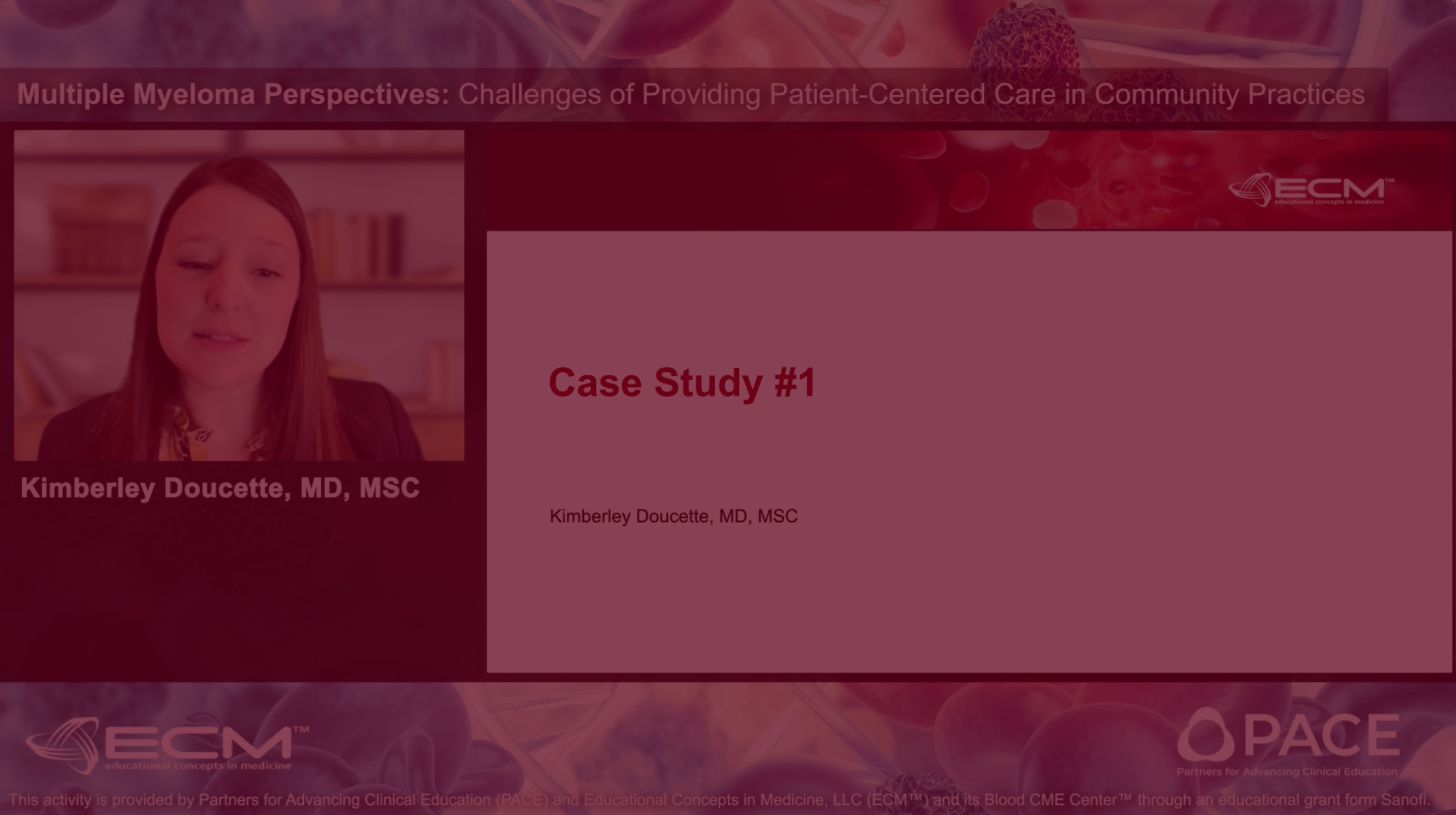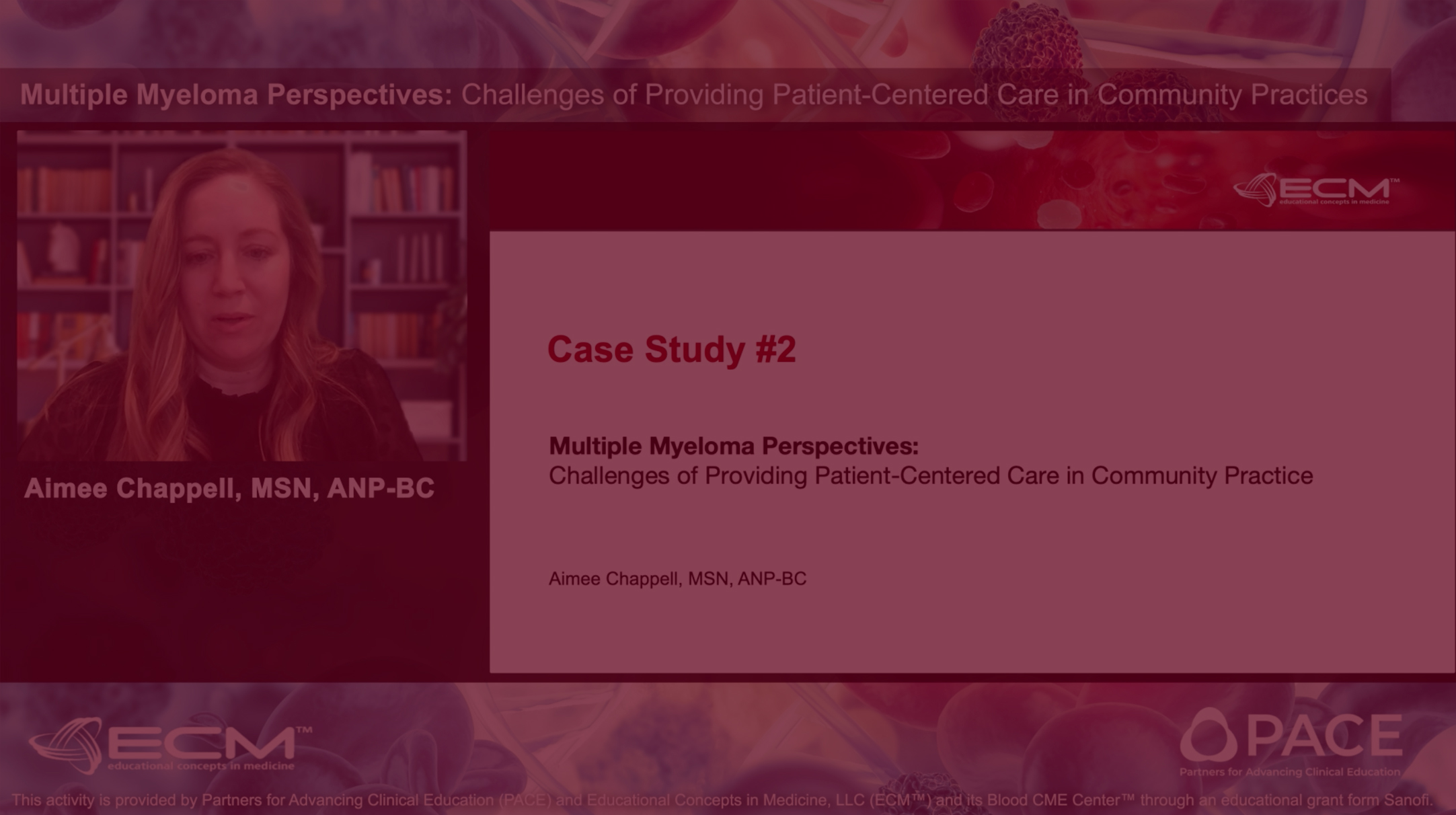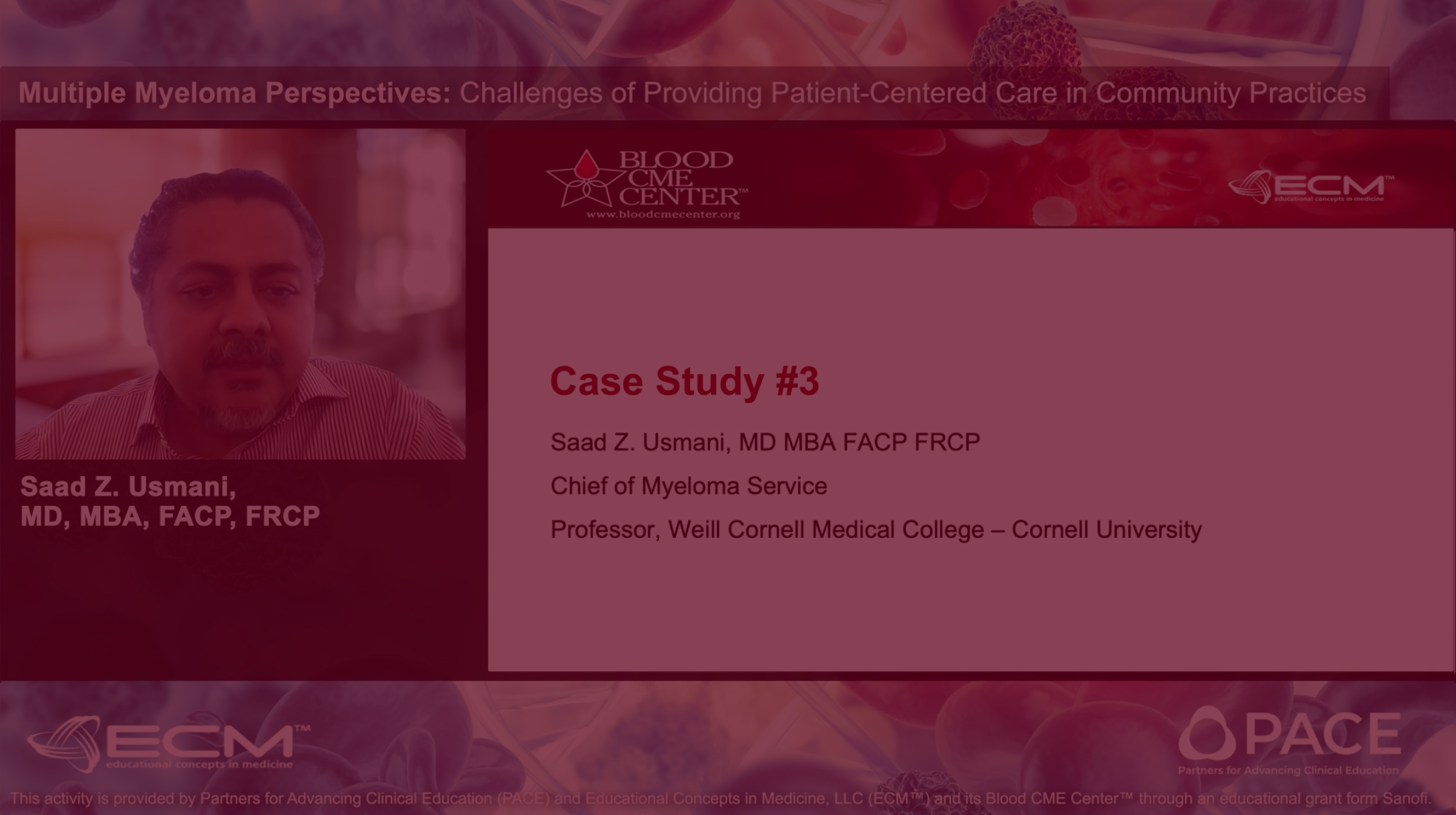Sharing information & bringing awareness
to bleeding disorders & diseases
Multiple Myeloma Perspectives: Challenges of Providing Patient-Centered Care in Community Practices
Latest News
U.S. FDA Approves Pfizer’s BEQVEZ™ (fidanacogene elaparvovec-dzkt), a One-Time Gene Therapy for Adults with Hemophilia B | Pfizer
FDA approves BEQVEZ™ (fidanacogene elaparvovec-dzkt) for the treatment of adults with moderate to severe hemophilia B who currently use factor IX (FIX) prophylaxis therapy, or have current or historical life-threatening hemorrhage, or have repeated, serious spontaneous bleeding episodes, and do not have neutralizing antibodies to adeno-associated virus serotype Rh74var (AAVRh74var) capsid as detected by an FDA-approved test.
FDA approves Bristol Myers Squibb and 2seventy bio’s Abecma for Triple-Class Exposed Relapsed or Refractory Multiple Myeloma After Two Prior Lines of Therapy
April 4, 2024, the U.S. Food and Drug Administration approved Abecma® (idecabtagene vicleucel; ide-cel) for the treatment of adult patients with relapsed or refractory multiple myeloma after two or more prior lines of therapy including an immunomodulatory agent (IMiD), a proteasome inhibitor (PI), and an anti-CD38 monoclonal antibody, based on results from the KarMMa-3 trial.
VOYDEYA™ approved in the US as add-on therapy to ravulizumab or eculizumab for treatment of extravascular hemolysis in adults with the rare disease PNH
April 1, 2024, the Food and Drug Administration approved VOYDEYA™ (danicopan) in the US as add-on therapy to ravulizumab or eculizumab for the treatment of extravascular hemolysis (EVH) in adults with paroxysmal nocturnal hemoglobinuria (PNH). VOYDEYA is a first-in-class, oral, Factor D inhibitor developed as an add-on to standard-of-care ULTOMIRIS® (ravulizumab-cwvz) or SOLIRIS® (eculizumab) to address the needs of the approximately 10-20% of patients with PNH who experience clinically significant EVH while treated with a C5 inhibitor.
FDA grants accelerated approval to zanubrutinib for relapsed or refractory follicular lymphoma
March 7, 2024, the Food and Drug Administration granted accelerated approval to zanubrutinib with obinutuzumab for relapsed or refractory follicular lymphoma (FL) after two or more lines of systemic therapy. The recommended zanubrutinib dosage is 160 mg taken orally twice daily or 320 mg taken orally once daily until disease progression or unacceptable toxicity.
FDA approves inotuzumab ozogamicin for pediatric patients with acute lymphoblastic leukemia
March 6, 2024, the Food and Drug Administration approved inotuzumab ozogamicin for pediatric patients 1 year and older with relapsed or refractory CD22-positive B-cell precursor acute lymphoblastic leukemia (ALL). For the first cycle, the recommended inotuzumab ozogamicin dose is 1.8 mg/m2 per cycle, administered as 3 divided doses on Day 1 (0.8 mg/m2), Day 8 (0.5 mg/m2), and Day 15 (0.5 mg/m2).
Semaglutide reduces severity of common liver disease in people with HIV
March 5, 2024, in a news release by National Institutes of Health (NIH), a weekly injection of semaglutide was safe and reduced the amount of fat in the liver by 31% in people with HIV and metabolic dysfunction-associated steatotic liver disease (MASLD), according to a presentation at the 2024 Conference on Retroviruses and Opportunistic Infections (CROI) in Denver. This is the first clinical trial of semaglutide for MASLD in people with HIV.
Biden-Harris Administration Announces Action to Increase Access to Sickle Cell Disease Treatments
January 30, 2024, the Biden-Harris Administration announced that sickle cell disease (SCD) will be the first focus of the Cell and Gene Therapy (CGT) Access Model, which was initially announced in February 2023. The model is designed to improve health outcomes, increase access to cell and gene therapies, and lower health care costs for some of the nation’s most vulnerable populations.
Vertex, CRISPR’s gene-editing therapy Casgevy wins early FDA nod to treat beta thalassemia
January 17, 2024, the Food and Drug Administration has approved Casgevy (exa-cel), a gene-editing therapy to treat transfusion-dependent beta thalassemia (TDT). The approval comes less than six weeks after the U.S. regulator signed off on Casgevy to treat patients with sickle cell disease (SCD).
FDA Approves First Gene Therapies to Treat Patients with Sickle Cell Disease
December 8, 2023, the Food and Drug Administration approved two milestone treatments, Casgevy and Lyfgenia, representing the first cell-based gene therapies for the treatment of sickle cell disease (SCD) in patients 12 years and older. Additionally, one of these therapies, Casgevy, is the first FDA-approved treatment to utilize a type of novel genome editing technology, signaling an innovative advancement in the field of gene therapy.
Novartis receives FDA approval for Fabhalta® (iptacopan), offering superior hemoglobin improvement in the absence of transfusions as the first oral monotherapy for adults with PNH
December 6, 2023, the Food and Drug Administration approved Fabhalta® (iptacopan) as the first oral monotherapy for the treatment of adults with paroxysmal nocturnal hemoglobinuria (PNH). Fabhalta is a Factor B inhibitor that acts proximally in the alternative complement pathway of the immune system, providing comprehensive control of red blood cell (RBC) destruction within and outside the blood vessels (intra- and extravascular hemolysis [IVH and EVH]).



